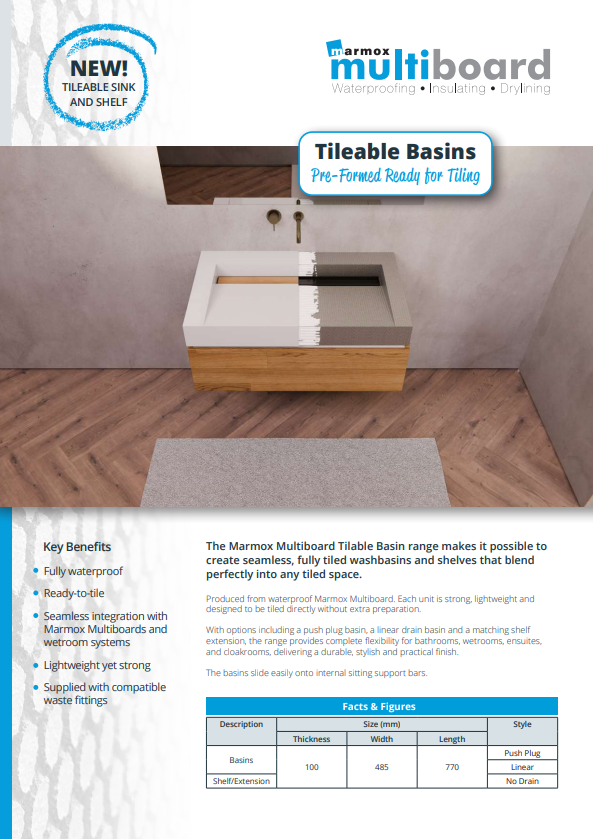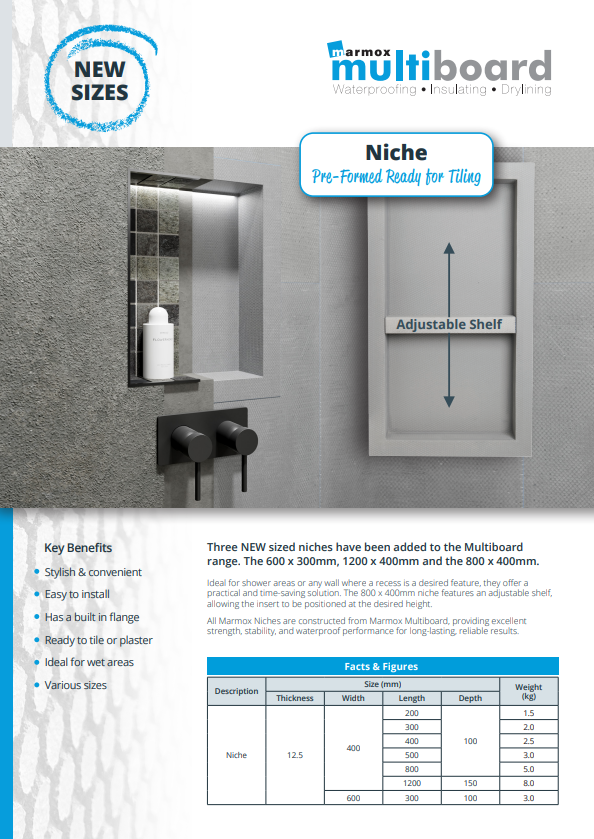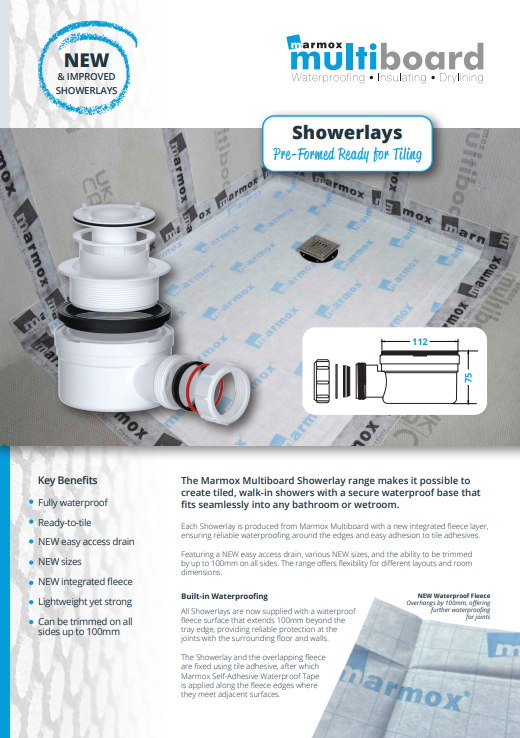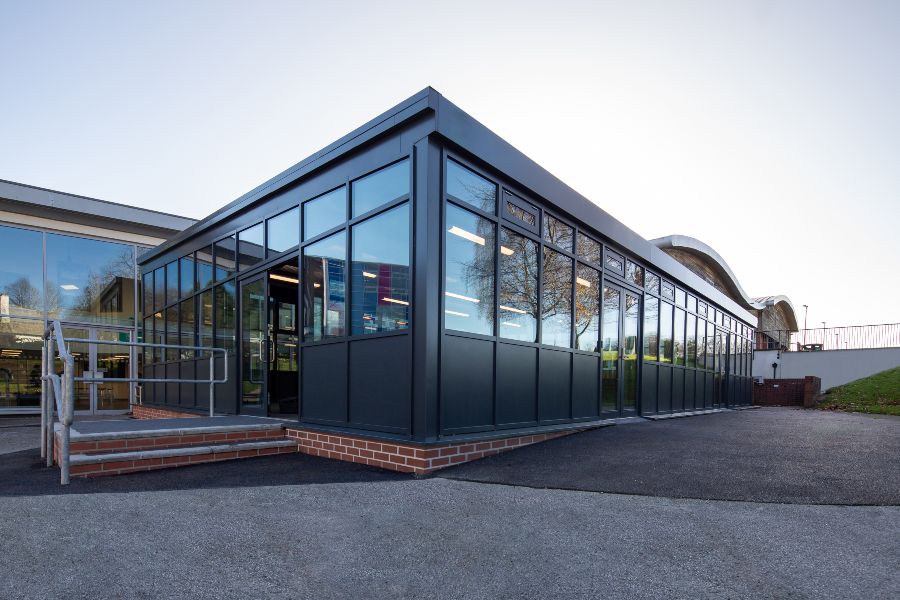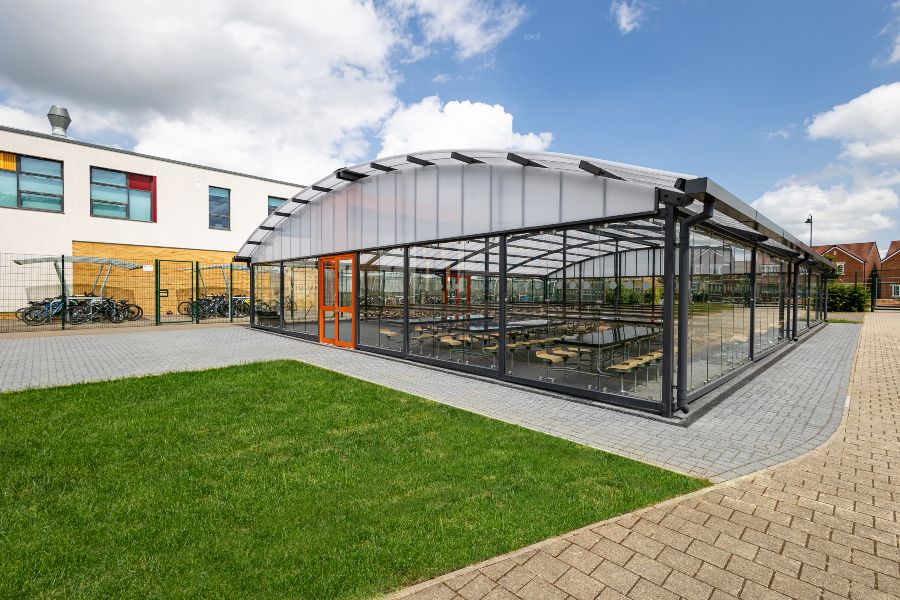Britain has a
“golden opportunity” to switch to greener ways of providing energy to homes and
businesses without increasing bills – but only if Ministers act now to make the
most of it.
That’s a key finding
from the National
Infrastructure Assessment – the first ever for the UK – published by the
National Infrastructure Commission.
Chairman Sir John
Armitt said it has long been assumed that a switch to greener sources for the
country’s energy needs would mean a hit on people’s pockets – but analysis for
the Commission shows this would not necessarily be the case.
In fact, making this
switch towards low-carbon and renewable sources for both the country’s power
and heating, combined with a move towards electric vehicles, would mean the
customer of 2050 would pay the same in real terms for their energy as today.
But he warned this
will only be possible if the right decisions are taken now by government. These
include continuing to invest in low cost renewable technologies, such as wind
and solar, so that these provide at least half the country’s generating capacity
by 2030, as well as ramping up efforts to improve the energy efficiency of the
UK’s buildings and enabling a rapid switch to electric vehicles.

The National
Infrastructure Assessment also warns that the Government will need to take
steps to find low-carbon alternatives to oil and gas for heating homes and
businesses.
Chairman of the
National Infrastructure Commission Sir John Armitt said: “Whether for cooking,
lighting, keeping homes warm or electric cars on the road, where the UK’s
energy comes from will need to change radically over the coming decades if the
UK is to meet its legally-binding climate change targets.
“If we act now we
have a golden opportunity to make our country greener, and protect the money in
the pockets of consumers long into the future – something few of us expected to
be able to do.
“Ministers can seize
this chance by investing in renewables and other low-carbon technologies so
they become the main players in our energy system – something that was
considered a pipedream as little as a decade ago. But they need to act now to
realise the full potential of what can be achieved.”
Julie Hirigoyen,
Chief Executive at UKGBC, said of the National Infrastructure Assessment: “We
welcome the NIC’s focus on creating a ‘low carbon, low cost’ economic
infrastructure in the UK, with energy efficiency highlighted as a key element
of the future energy system. The recommendation that Government should set a
target of 21,000 energy efficiency measures a week by 2020 recognises that
there is currently a serious lack of effective policy drivers.
"However, we
believe the NIC has missed a key opportunity by not designating energy
efficiency as a national infrastructure priority which could help to minimise
the costs and maximise the benefits of decarbonisation. The Assessment’s
recommendations will not lead to the step-change in energy efficiency that is
needed to achieve the UK’s carbon targets and are vague about how improvements
should be delivered and financed.
"We therefore
urge the Government to build on the NIC’s proposals by establishing an
ambitious national infrastructure programme for energy efficiency, with clear
long-term targets, firm policies, governance arrangements and funding.”
Established in 2015,
the National Infrastructure Commission is an independent body tasked with
providing clear advice to the Government on how best to meet the country’s
long-term infrastructure needs. Alongside measures for delivering a low cost,
low-carbon energy system, the Commission’s recommendations include:
- Digital technology – that the
Government devise a National Broadband Plan by Spring 2019, to deliver
full fibre connections across the whole of the country, including those in
rural areas – this should ensure that the technology is available to 15
million homes and businesses by 2025, 25 million by 2030, and all homes
and businesses by 2033
- The future for the nation’s
roads – that the Government work with councils and private companies to
deliver a national network of charging points for electric vehicles and
ensures that the impacts of connected and autonomous vehicles are taken
into account when planning for the next rail control period and road
investment strategy;
- Encouraging growth of cities
– that Metro Mayors and city leaders develop and implement long-term
strategies for transport, employment and housing in their areas, to
support economic growth, with new powers and devolved infrastructure
budgets. The National Infrastructure Assessment’s spending plans
include funding for projects including Crossrail 2 in London, and Northern
Powerhouse Rail linking the major Northern cities, and recommends a boost
in funding for major cities totalling £43 billion to 2040, with cities
given stable five-year budgets, starting in 2021;
- Tackling floods – that the
Government should put in place a long-term strategy to deliver a
nationwide standard of flood resilience by 2050 with funding for flood
risk management increasing significantly over the coming decades
- Cutting waste – that new
national rules for what can and cannot be recycled be introduced, with
restrictions on the hardest-to-recycle plastics, aimed at increasing rates
and reducing the amount of plastics going to incinerators. This
would also mean that all food waste is separated making it available to
create biogas, so it can be used to heat people’s homes and potentially as
a transport fuel.
Cllr Martin Tett,
the LGA’s Transport spokesman, said: “Good infrastructure enables improved
competitiveness and quality of life but requires long-term planning.
“(The) launch of the
country’s first National Infrastructure Assessment is the first step in
ensuring that our businesses and local communities have the transport networks,
flood protection, digital connectivity and vital utilities for the coming
decades.
“It is positive that
the report recognises the important role of local government and some of the
barriers that prevent councils from doing more to plan for the long-term
infrastructure needs of their areas. In particular, we support the call for
councils to have stable, devolved infrastructure budgets, as Highways England
and Network Rail have, together with the ability for councils to capture a
greater share of the uplift in land value that comes with infrastructure
investment for the benefits of local people.
“It is important the
Government now works with local government to take forward the recommendations
from this important report.”












